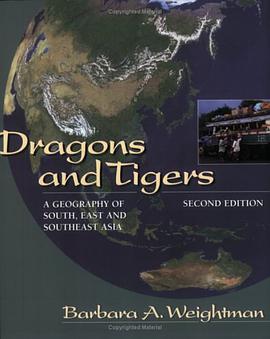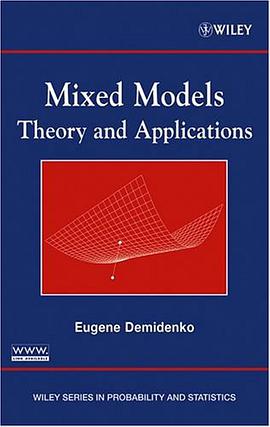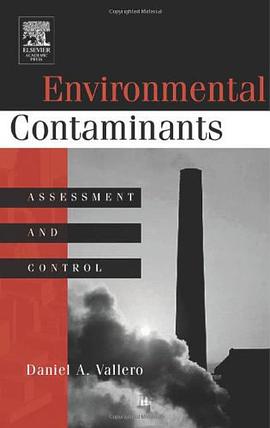

具体描述
This is a historical-critical exploration of the post-New Testament career of the verse Galatians 3:28.Galatians 3:28, in particular the phrase, "There is...no longer male and female; for you all are one in Christ Jesus," would seem to point towards an ethos of gender equality among Christians. Acting on this assumption, a number of scholars have considered the phrase significant in reconstructing attitudes towards women in early Christianity. Until now, however, a study of the history of interpretation of Gal 3:28 has been lacking. The exploration of the post-New Testament career of the verse is therefore the focus of this book. The approach is historical-critical, discussing the exegesis of Gal 3:28 in the context of attitudes about the roles of women in the first four centuries CE.This study reveals that early Christians did not always approach this verse with the same concerns as modern readers. Ancient commentators brought several different questions to their discussion of Gal 3:28, and it is impossible to discover the trajectory in exegesis of this verse that might have been expected.It becomes apparent that during the first four centuries of Christianity most writers treated Gal 3:28 as a statement about the identification of Christians with Christ and therefore an indication that in the resolution of various differences into unity, they could achieve an ideal state. While some writers applied this concept to status differences between men and women, others used it to discuss the qualities of the ideal disciple, the character of the first created human beings, the state of the believer in heaven, and even the nature of God.Formerly the "Journal for the Study of the New Testament Supplement", this is a book series that explores the many aspects of New Testament study including historical perspectives, social-scientific and literary theory, and theological, cultural and contextual approaches. "The Early Christianity in Context" series, a part of "JSNTS", examines the birth and development of early Christianity up to the end of the third century CE. The series places Christianity in its social, cultural, political and economic context. European Seminar on Christian Origins and "Journal for the Study of the Historical Jesus Supplement" are also part of "JSNTS".
作者简介
目录信息
读后感
评分
评分
评分
评分
用户评价
相关图书
本站所有内容均为互联网搜索引擎提供的公开搜索信息,本站不存储任何数据与内容,任何内容与数据均与本站无关,如有需要请联系相关搜索引擎包括但不限于百度,google,bing,sogou 等
© 2026 book.wenda123.org All Rights Reserved. 图书目录大全 版权所有




















